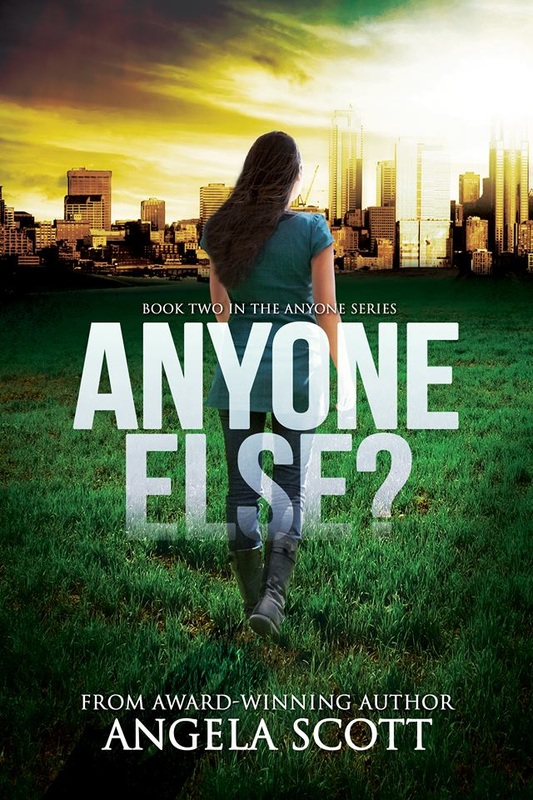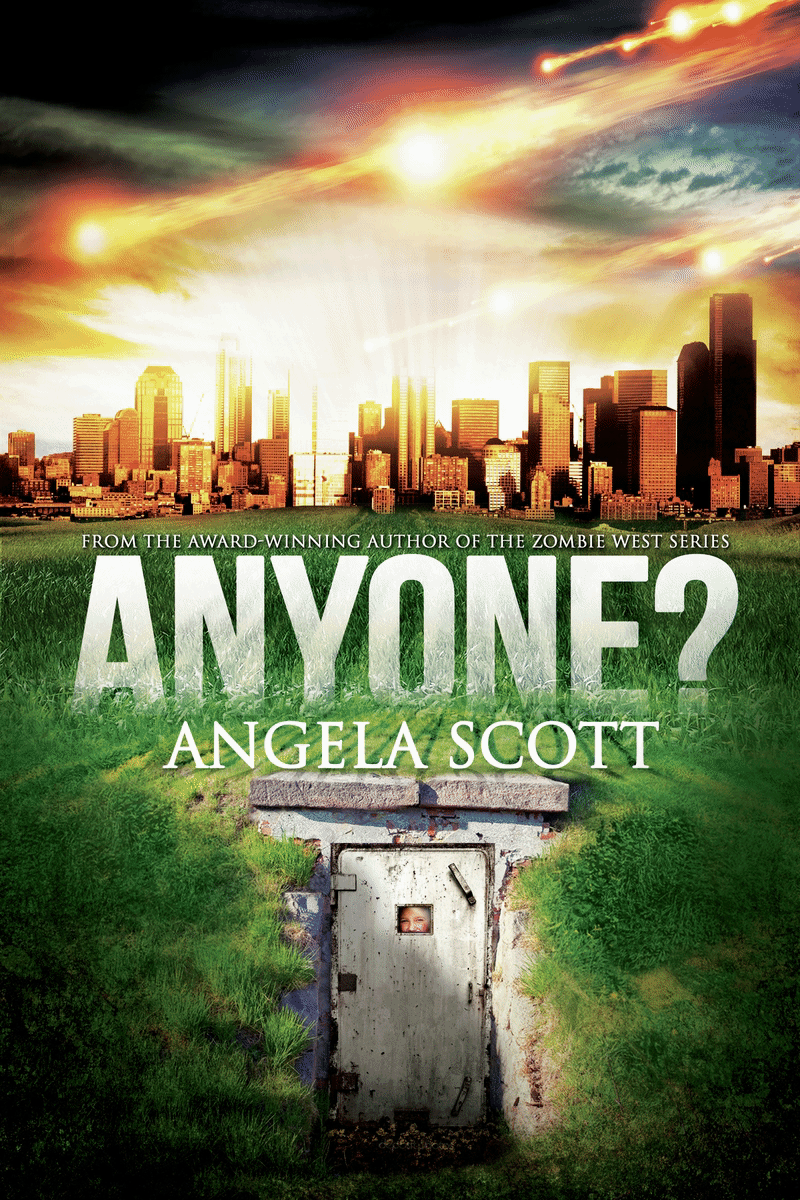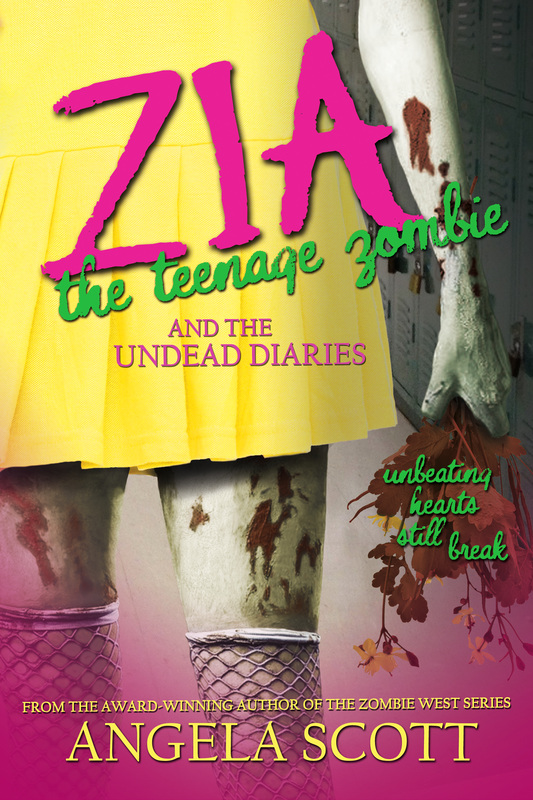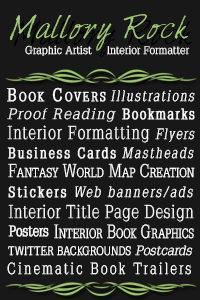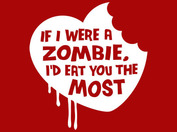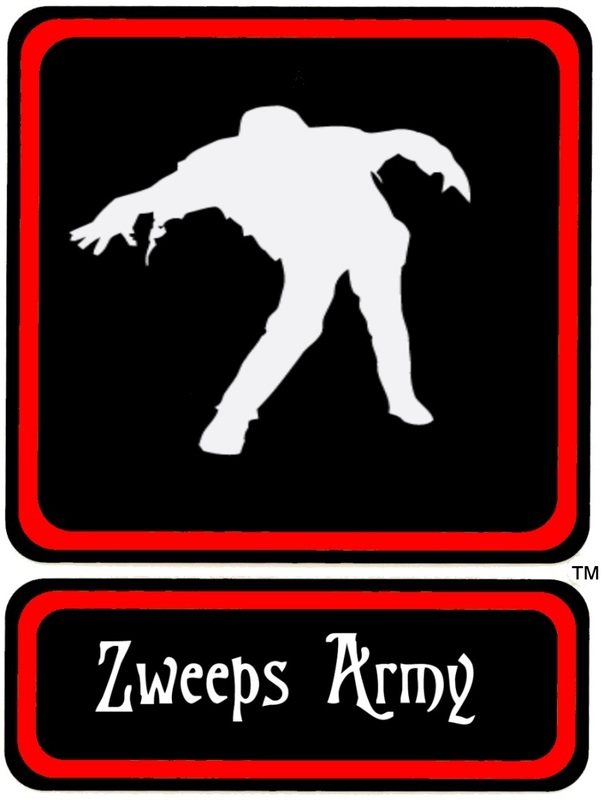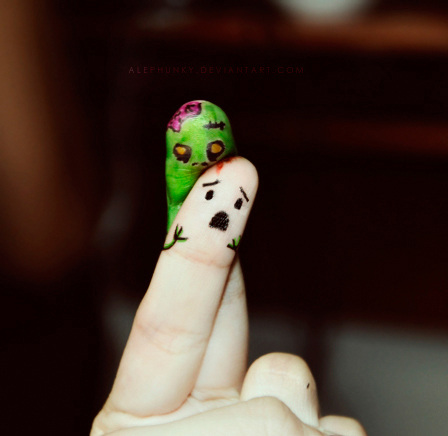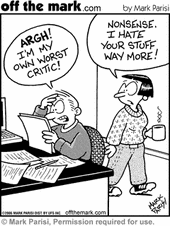|
Question: If I want to become a writer, what do I need to do first? My Answer: Write.
Really. That’s it. If you want to become a writer, then write. It’s easy. Simple. Just do it, like Nike says. The questions get tougher after that though, and it seems, as of lately, I’ve been asked harder and harder questions by new writers. (I just received an email today, in fact): How do I find a writers group? How do I write a query? What is a query? Why do I need one? How do I find an agent? Do I have to have an Agent? What’s a synopsis? What are “Beta Readers” and where do I find them? Just a year ago, I would have shrugged and looked at you strange--are you speaking French? I have learned so much since I wrote my first “real” novel a year ago. But, I am in NO way an expert. None whatsoever. *Warning. Warning (insert spinning red light here): These are only suggestions from a budding-hope-to-be-published-someday-writer. Proceed carefully.* Number one: Join a critique group. It was the VERY best thing I ever did. My critique group is fantastic and I wouldn’t be where I am without them (MU-AH. Big kiss to them). They push, they prod, they’re super smart, and some of my best supporters. Number two: Join some writers groups, whether online or in your local area. There are plenty of genre-based groups. For instance: Sci-Fi Writers of America, Utah Romance Writers of America, League of Utah Writers (with local chapters), etc . . . Number three: Research. Do your research. I subscribe to two different writers magazines—The Writer and Writer’s Digest. I’ve read several books from the library or books lent to me from other writers. I loved Stephen King’s book called “On Writing”—one of the best I’ve read. I actually borrowed it from a writer, and then loved Stephen King’s advice so much I purchased my own copy. Just yesterday, I bought the book “The Writers Guide to Character Traits.” Hopefully, I will get that in the mail soon (Amazon). Number four: Got to writers conventions. Take classes. Get to know other writers—network. Number five: Get 3-4 beta readers. Beta readers are those people who will read your manuscript quickly, give you their feedback to whether the story is working, characters are well developed, plot holes, or things they generally didn’t understand. Feedback is key. Number six: Write the query letter (the dreaded query). It’s a bugger, I’m not joking. A query is a 300 word pitch or blurb (think the back of a book cover). So take your 80,000 word manuscript and now condense it into 300 words that will intrigue an agent to ask for a full or partial request of your manuscript. It’s a killer. It really is. Best advice on this topic: research queries. Check out QueryTracker. Look at Queryshark. And keep plugging away. You will rewrite your query dozens, upon dozens of times. Again, I’m not joking. Every agent will request a query letter. Every agent receives hundreds of queries a week too. So yours has to be good. Also, work on a 2 page synopsis which is the overall outline of your novel. Research that as well. Number seven: Research agents accepting queries in your genre. Now send out queries and sit back and wait, and wait, and wait. The rejects should start rolling in. And then, hopefully someone will ask for more. To have your work presented to larger publishing houses, you will need an agent. Most publishers will not accept unsolicited manuscripts. You don't have to have one, but you will have a harder hill to climb without one. Number eight: Don’t give up. Hang in there. Keep yourself busy by writing a second, third, fourth, novel while querying the first. Chin up. Keep writing.
1 Comment
Alicia
1/12/2011 11:01:33 am
Great Advice! I didn't know anything until my ms was done. Then came the "what do I do next" search on the internet which quickly led to blogs, writing groups, contests, and conferences.
Reply
Leave a Reply. |
Now Available!
|
